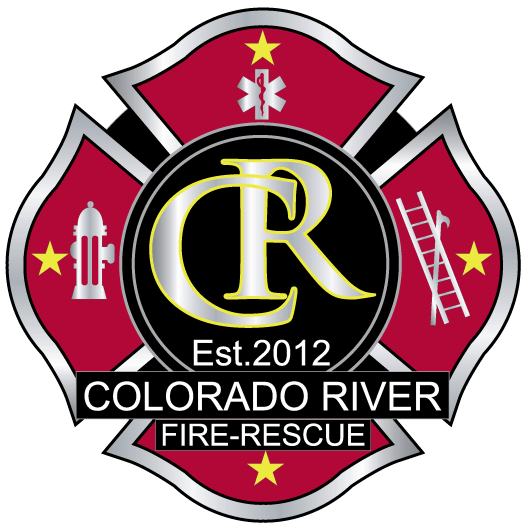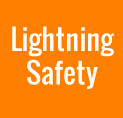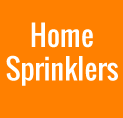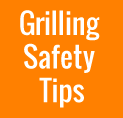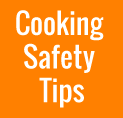We all know that schools practice fire drills, but do you practice them in your home? Do you have an escape plan?
Children as young as three years old can follow a fire escape plan they have practiced often. Yet, many families don't have detailed escape plans, and those that do usually don't practice them.
Practicing a fire escape plan and fire-safe behaviors on a regular basis can mean the difference between life and death.
Use the guide in this link to make your own escape plan grid!
https://sparky.org/parentpage/
If there was an emergency in your home, and your child needed to call 9-1-1, would he/she know his/her home address?
When your kids come home today, help them memorize their address.
Knowing their address can save valuable time when there is an emergency!
Chimney fires are very common in the fall and winter months.
It's getting to be that time of year when people will start using their wood stoves and fireplaces. House fires are a call that we receive all too often during the fall and winter months. Most of these calls can be prevented with chimney cleaning or simply just being more careful.
Here are few tips that may help you get through the burning season a little safer:
- Have your chimney or wood stove inspected and cleaned annually by a certified chimney specialist.
- Never burn cardboard boxes, trash or debris in your fireplace or wood stove.
- Allow ashes to cool before disposing them. Place ashes in a tightly covered metal container and keep the ash container at least 10 feet away from your home and any other nearby buildings. Never empty the ash directly into a trash can. Douse and saturate the ashes with water.
- Leave glass doors open while burning a fire. Leaving the doors open ensures that the fire receives enough air to ensure complete combustion and keeps creosote from building up in the chimney.
- Never use flammable liquids to start a fire.
- If you notice your meter or appliance vent pipe is covered with snow, please remove the snow carefully with either a brush or broom. Do not scrape your meter or vent pipe with a sharp instrument.
- Do not shovel, plow or blow snow up against the meter or vent pipe.
- Be careful not to bump your meter with a snow blower.
- Remove any icicles from overhead eaves troughs to ensure dripping water does not splash and freeze on the meter or vent pipe.
- Never kick your gas meter or vent pipes in an attempt to clear ice and snow.
- For more safety information visitwww.nfpa.org
